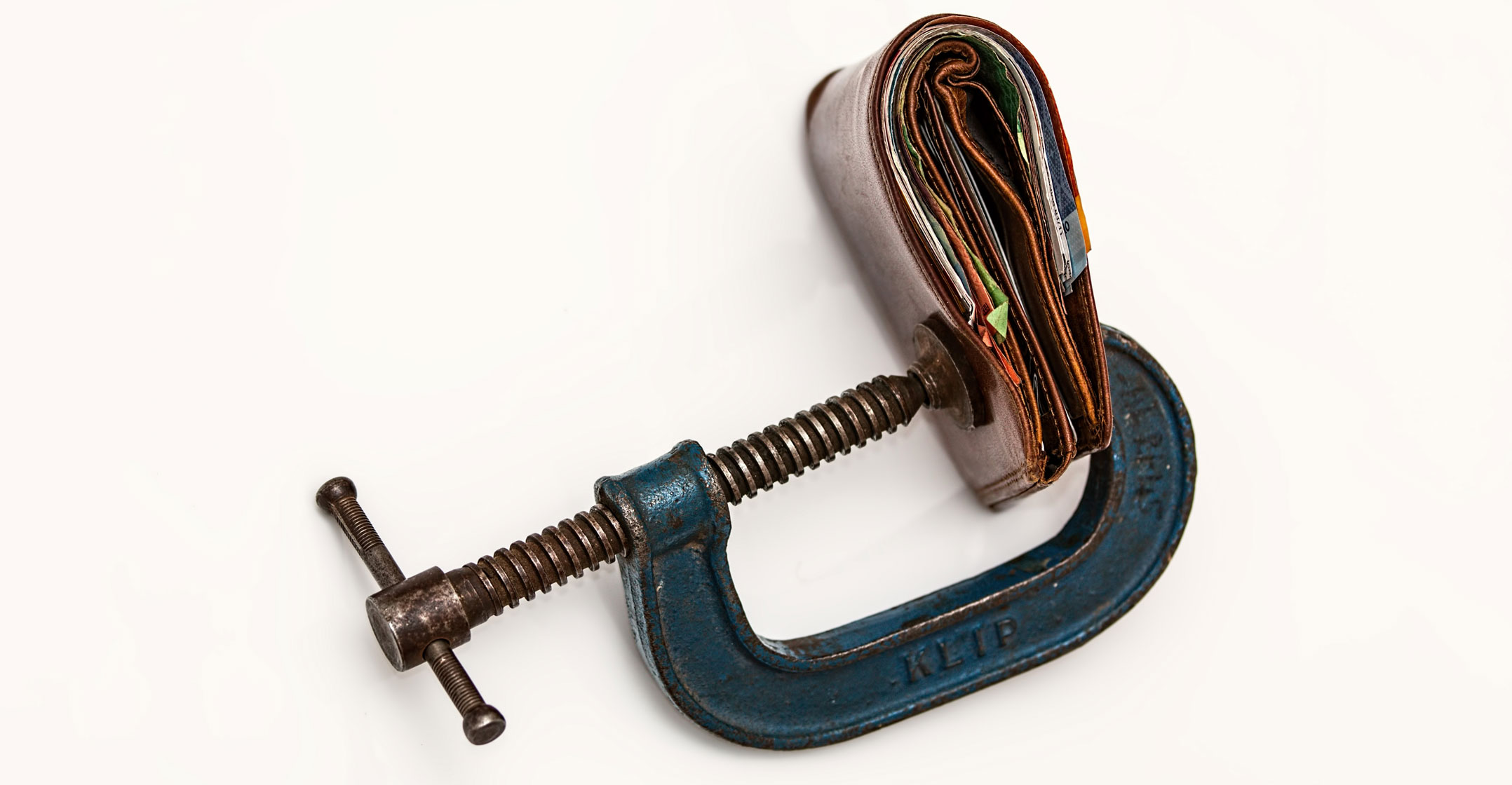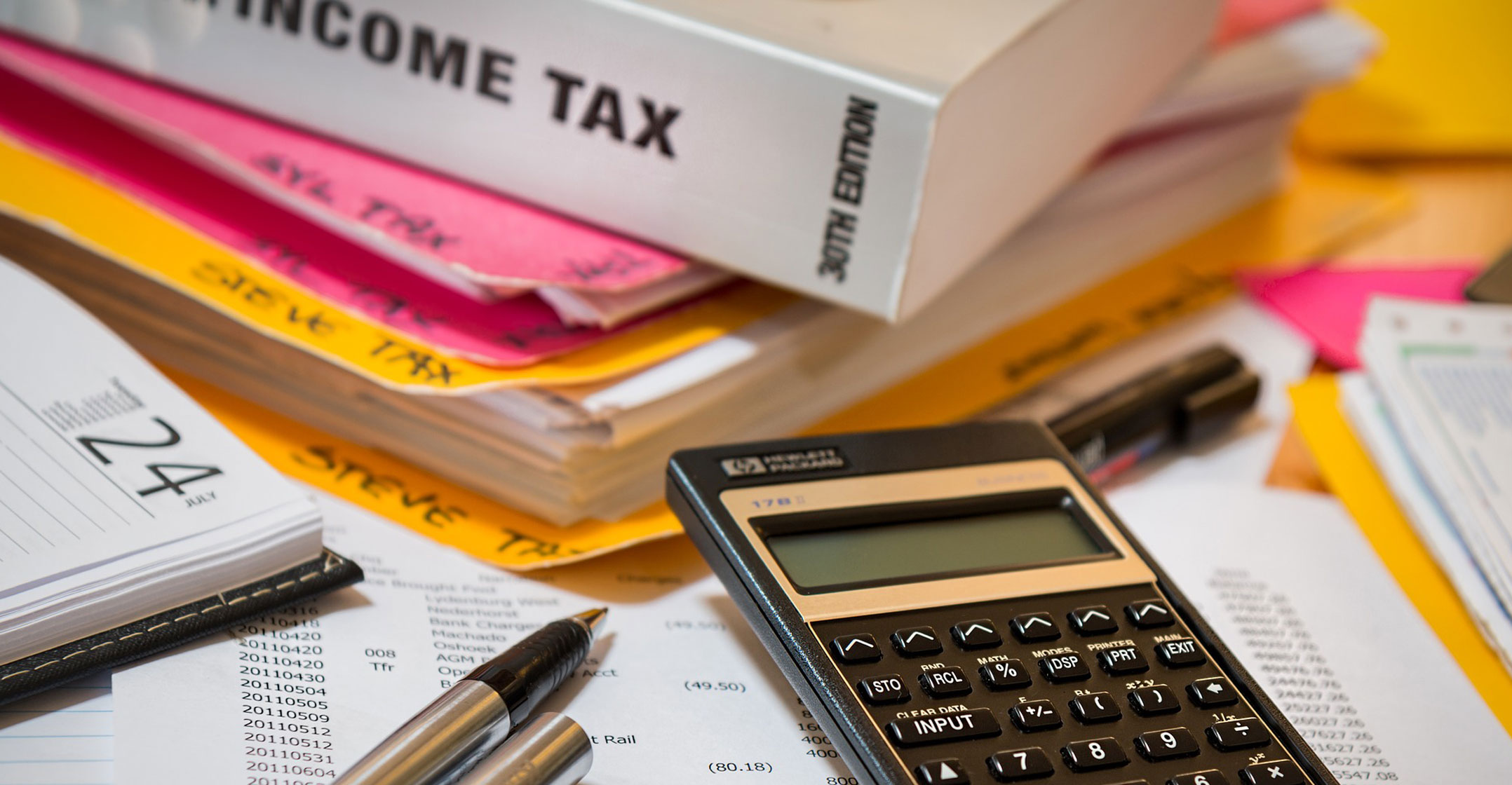 Only 5.8% of South Africa’s population is paying about 92% of all personal tax in the country, according to Econometrix chief economist and director Azar Jammine.
Only 5.8% of South Africa’s population is paying about 92% of all personal tax in the country, according to Econometrix chief economist and director Azar Jammine.
This portion of the population is also probably paying about 85% of all VAT paid in the country, Jammine said on Friday. His comments were made during a webinar hosted by cement producer AfriSam, on the outlook for South Africa’s economy in the context of the 2021 budget.
Jammine said South Africa has almost seven million taxpayers out of a population of 60 million, and the government is heavily reliant on upper-income taxpayers to fund its expenditure programmes.
He added that if a person receives a 5% salary increase in the coming year, their average tax rate and personal tax burden would hardly change in terms of the 2021 budget tax proposals.
Jammine said this is “a nice change” from previous years, when there was a progressive increase in the average tax rate and personal tax burden of individuals.
He said in the February 2020 budget the government planned to get R1.43-trillion in revenue and in October 2020 believed it would only get R1.1-trillion, but now believes it will get R1.21-trillion, an improvement of about R100-billion. Jammine attributes this to higher mining profits and the skewness of income distribution and the tax burden in South Africa.
‘Taken by surprise’
His theory is that despite a lot of people having suffered as a result of Covid-19 and losing their jobs or experiencing a decline in their remuneration, the people who have suffered are not primarily the taxpaying commodity.
“Only a very small proportion of South Africans really account for a huge component of tax paid,” he said. “They haven’t suffered the big declines in income that the poorer sections of society have, and are still paying their taxes. So I think this has taken the treasury by surprise.”
Jammine said the higher income parts of the economy have been ever more prominent in terms of paying taxes while the lower income parts of the economy are paying less and less tax.

He said middle class people earning between R20 000 and R40 000/month have increased as a proportion of the number of taxpayers in the last five years, rising from 26% of all taxpayers to 33%.
“It’s a debilitating trend,” he said. “The government has recognised this and seen that, proportionately, South Africa is up there with the highest taxpaying societies in the world and that if they were to increase personal taxes still further, it would start being counterproductive and that is why they were encouraged to avoid increasing taxes any further (in the 2021 budget).”
Jammine said one of the key structural impediments that has been weighing on South Africa’s economic growth over many years is the fact that the country has been investing less and less over time and consuming more and more.
“That is not a sustainable path for higher economic growth in the longer term,” he said. “If you do not invest for the future, you will not be able produce the goods and services that the country needs to consume and eventually you will become totally dependent on imports and will not have a domestic productive capability.”
Jammine said finance minister Tito Mboweni spoke last year about “the yawning mouth of the hippopotamus” and how government spending was surging but government revenue was falling and they had to do something “to close that mouth”.
He said the 2021 budget deliberately tried to do that by slashing government spending from over 30% of GDP to 26% of GDP, which “is unprecedented”.
Public sector pay
Jammine said this was achieved by cutting back on public sector remuneration, with public servants receiving pay increases of not more than 2.1% next year, 0.9% the year thereafter and 0.5% the year after that.
“In the face of inflation of 4.5%, that means real declines in public sector remuneration of between 3% and 4%/annum in each of the next three years. That means the average public servant in three years’ time will have 10% less spending power than they have currently.
“That is totally justified because the cost of financing the public sector wage bill in South Africa is among the highest of any countries in the world. Only Denmark and Norway spend more in terms of their public service and I can guarantee you that the Danes and Norwegians get a lot more bang for their buck out of spending that money on their public servants than we do.”
 Jammine said this is “the real crunch” of the 2021 budget but questioned whether the government will be able to successfully persuade public sector trade unions to accept the real cuts in salaries that are necessary to try and fix the country’s fiscal situation.
Jammine said this is “the real crunch” of the 2021 budget but questioned whether the government will be able to successfully persuade public sector trade unions to accept the real cuts in salaries that are necessary to try and fix the country’s fiscal situation.
“Without doing so, you will end in this situation where our debt-servicing costs increase progressively as a percentage of overall government spending, crowding out our ability to spend on vital social services,” he said.
Jammine highlighted a number of structural impediments that have been holding back South Africa’s economic growth:
- Corruption and state capture;
- The deterioration in the efficiency of state-owned enterprises and their ability to run properly;
- Investing less and less and consuming more and more;
- Energy insecurity and load shedding, which negatively affects investor confidence;
- The high cost of data and interconnectedness and the need to provide the broader community with greater access to the digital world;
- Economic policy uncertainty, resulting from issues such as expropriation of property without compensation, nationalising the Reserve Bank, and the introduction at huge expense of a national health insurance scheme;
- Massive overregulation and bureaucracy;
- The undue power of the golden triangle, with too much power in the hands of government, big business and organised labour, resulting in small businesses not getting a look-in; and
- The lack of capacity of the education system to improve South Africa’s technical capability and mathematical and scientific ability.
This article was originally published on Moneyweb and is used here with permission.

